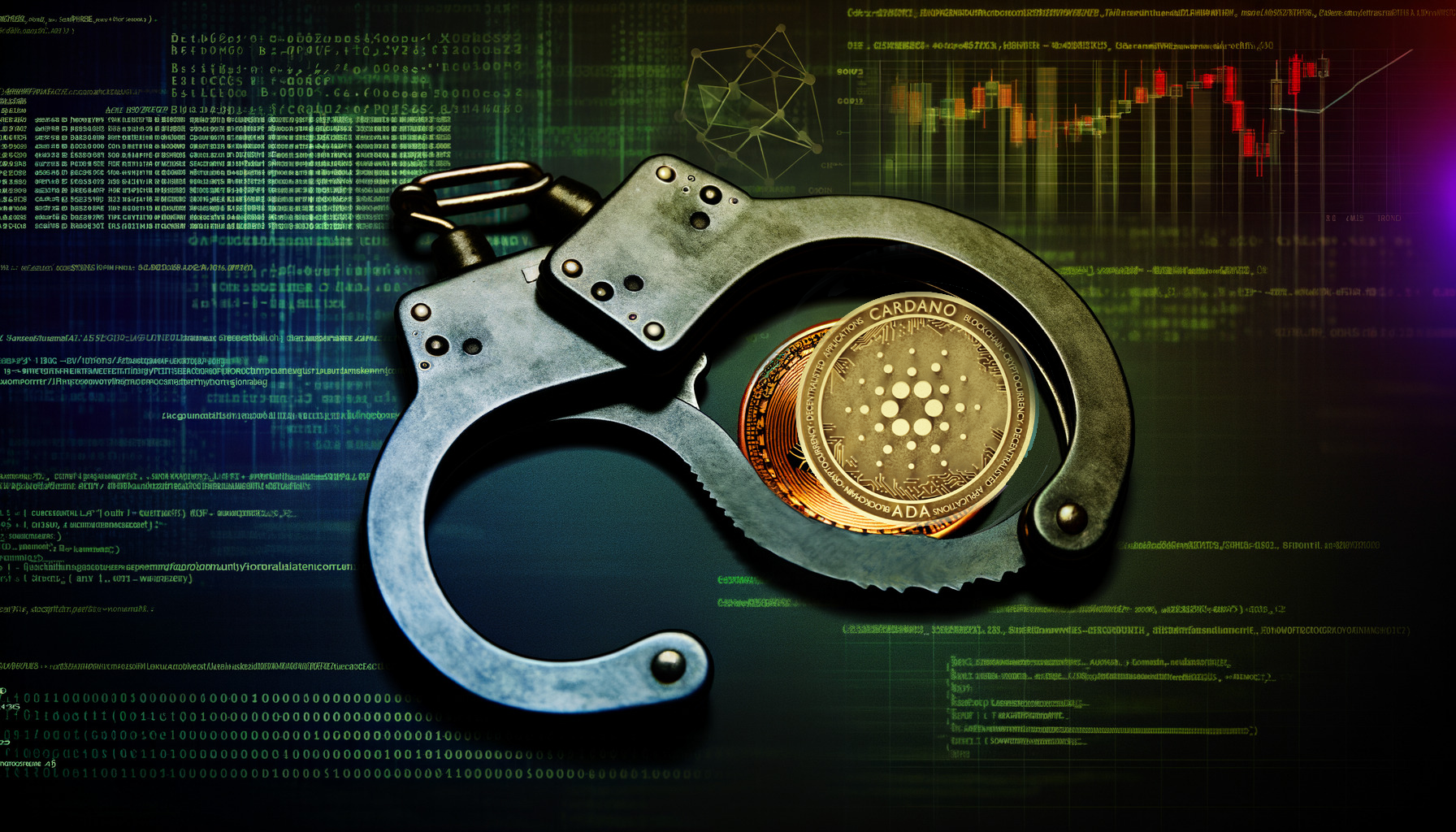Crypto Crackdown: Russia Moves to Criminalize Digital Currency Violations

Russia's Proposed Crypto Law: A Double-Edged Sword of Clarity and Controversy
Legal experts are weighing in on Russia's latest cryptocurrency legislation, highlighting both potential benefits and significant concerns. The proposed law promises to streamline the process of asset seizure, but simultaneously raises critical questions about individual citizens' digital rights and protections.
While the new legislation aims to bring much-needed clarity to cryptocurrency regulations, it also introduces complex legal mechanisms that could impact how digital assets are handled during legal proceedings. Experts argue that the law represents a nuanced approach to managing crypto transactions, yet leaves room for potential governmental overreach.
The proposed framework seeks to establish a more transparent mechanism for identifying, tracking, and potentially seizing cryptocurrency assets. However, legal professionals are cautioning that the broad powers granted to authorities might inadvertently compromise individual privacy and property rights in the digital realm.
As Russia continues to navigate the evolving landscape of digital finance, this proposed crypto law stands as a pivotal moment in defining the relationship between state regulation and individual digital asset ownership. The coming months will be crucial in determining how these regulations will be implemented and interpreted.
